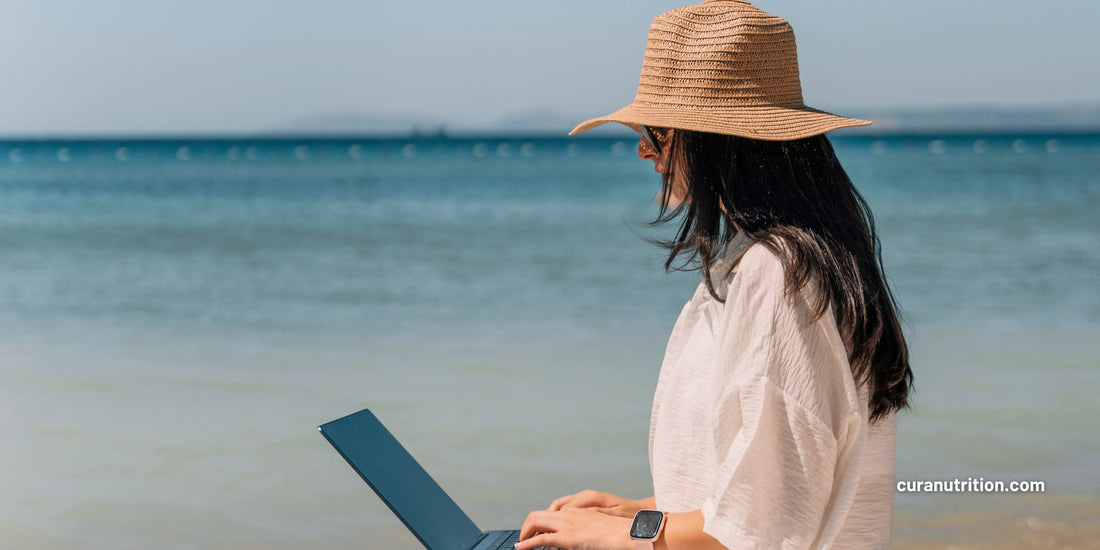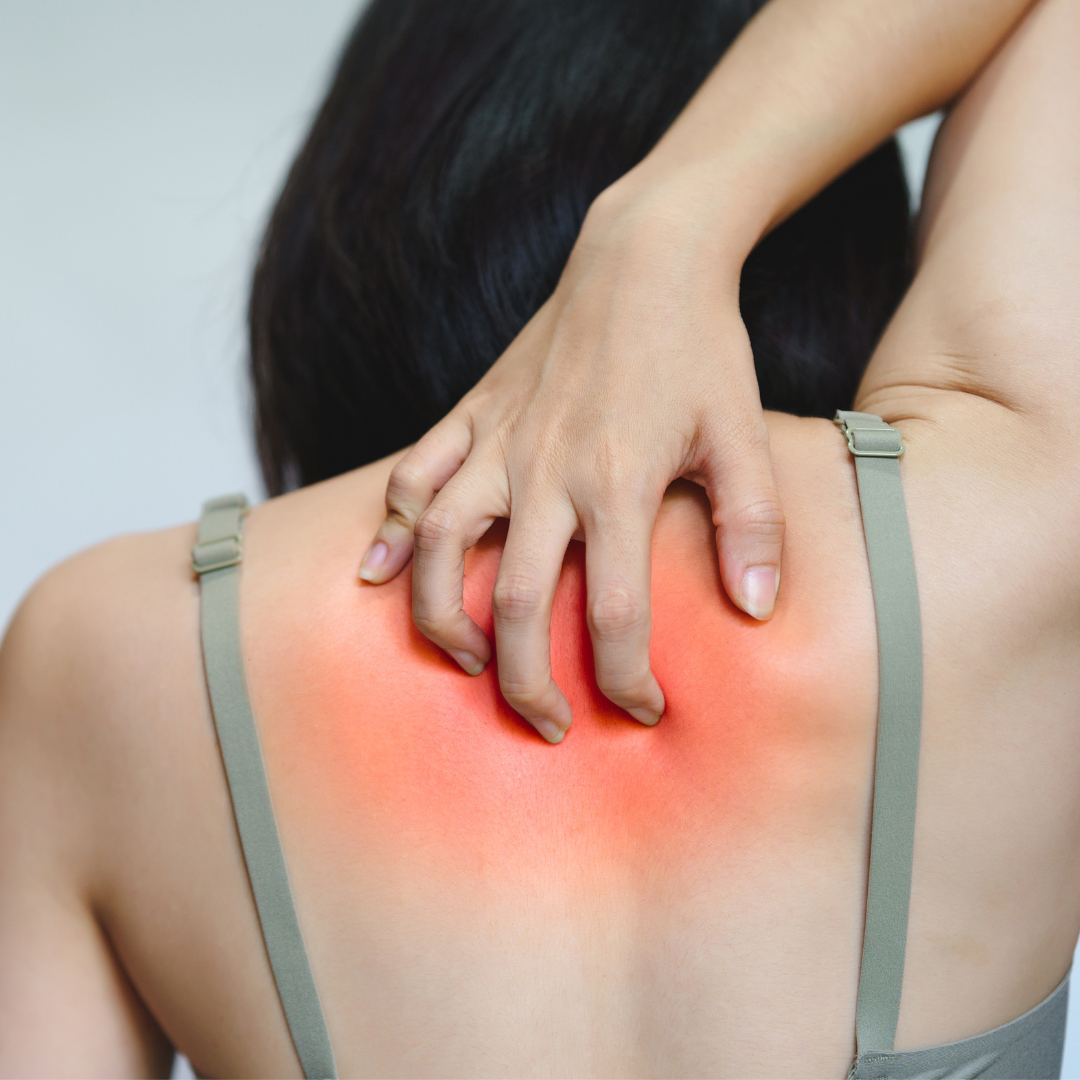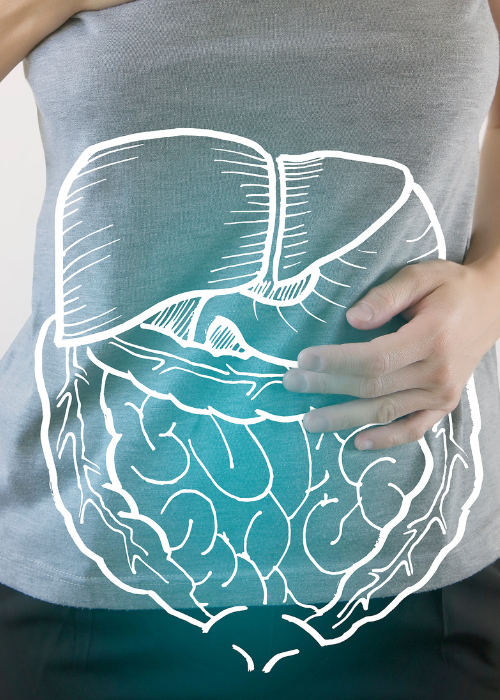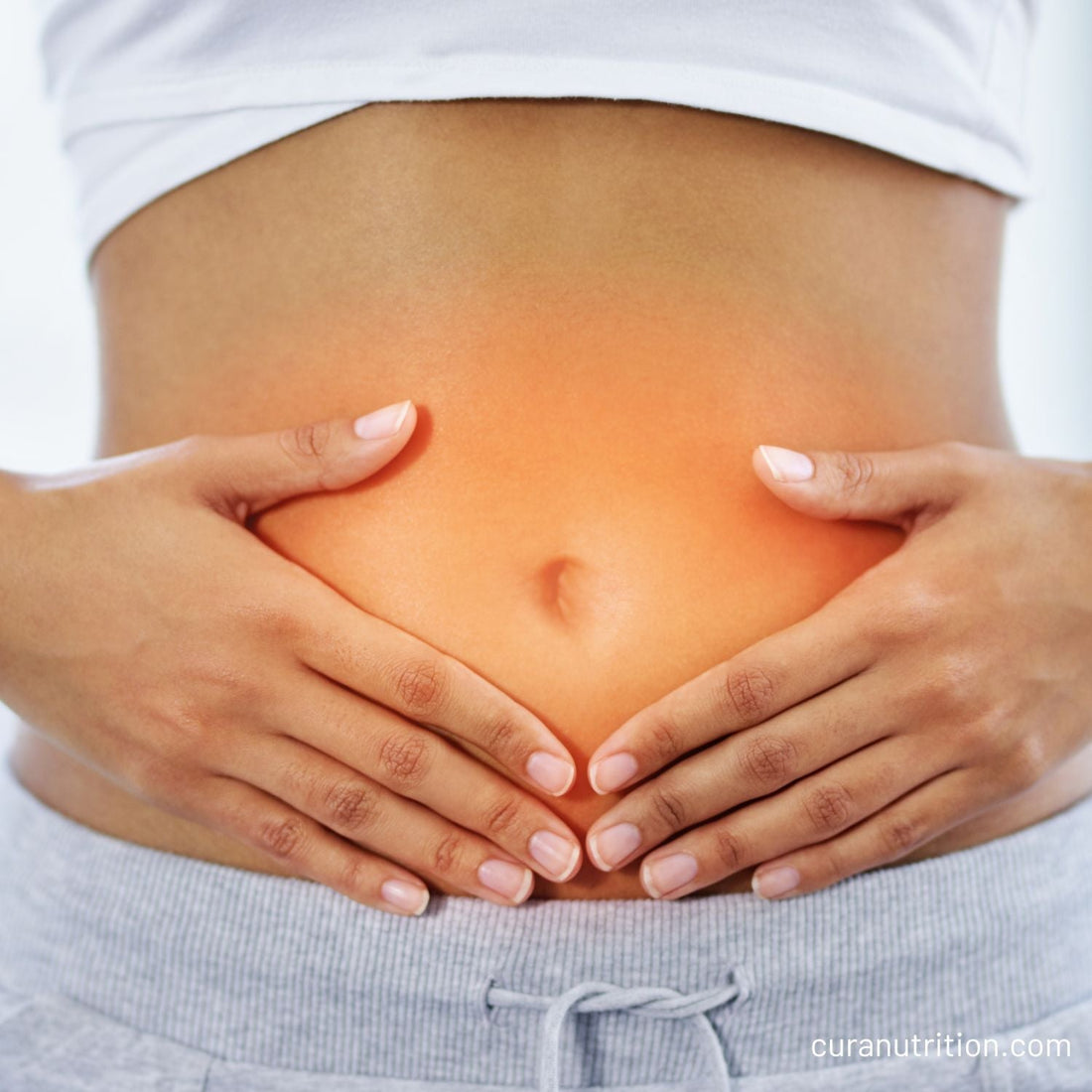How to Protect Yourself from Travellers Diarrhoea & Post Infectious IBS

Traveller’s diarrhoea is the most common illness affecting people visiting developing countries. It’s estimated that 30–70% of travellers will experience it.
While most cases resolve within a few days, studies show that around 10–30% of people who experience traveller’s diarrhoea will go on to develop post-infectious Irritable Bowel Syndrome, a condition characterised by ongoing gut symptoms such as bloating, abdominal pain and irregular bowel habits lasting months or even years.
Why Does Traveller’s Diarrhoea Lead to Long-Term Gut Problems?
The key to the duration, severity and consequences of traveller’s diarrhoea lies in the gut microbiome. This community of beneficial bacteria influence our immunity and protect against pathogens by out populating them. On holiday to hotter climates, the microbiome can be disrupted in several ways:
- Pathogen invasion (like E. coli or Salmonella) in food damages the gut lining and displaces beneficial microbes.
- Inflammation triggered by food poisoning or other infection alters the gut environment, making it less hospitable to good bacteria
- Antibiotic treatment, which is commonly prescribed to shorten the illness, can cause further microbiome imbalance by killing off both harmful and helpful microbes.
Together, the pathogen or the antibiotics weaken the gut’s barrier – creating an optimal climate for longer-term, post-infectious IBS.
Preventing and Managing Traveller’s Diarrhoea
One of the most effective strategies for protecting your gut before, during, and after travel is taking spore-forming probiotics (such as Bacillus subtilis or Bacillus coagulants ) – the strains used in Cura Sporebiotics. These strains have a unique advantage – not only do they continuously produce gut-soothing fatty acids – they’re also proven to:
- Survive Digestion: Spores can survive stomach acid and heat, making them ideal for travel. They won’t go off, or lose their efficacy, no matter the climate or conditions of the place you are visiting
- Colonise the gut: Once in the gut, they reproduce. Unlike other bacterial strains that pass through, Sporebiotics will double and triple in the gut, and keep producing beneficial microbes. This action continuously offsets anything that may be damaging the microbiome, such as pathogens, antibiotics, or toxins.
- Reduce gut inflammation: They help strengthen gut immunity and reduce inflammation.
- Protect the microbiome: If you do need antibiotics, spores can help protect the microbiome during treatment and accelerate recovery afterwards.
Traveller’s diarrhoea is common—and for a significant minority, it can lead to persistent gut issues like post-infection IBS. Taking spore-forming probiotics such as Cura Sporebiotics before, and throughout your trip is a simple, evidence-backed way to reduce the risk, support your gut during illness, and speed recovery if antibiotics are needed. One small step for supplementation, one giant leap for your microbiome.










